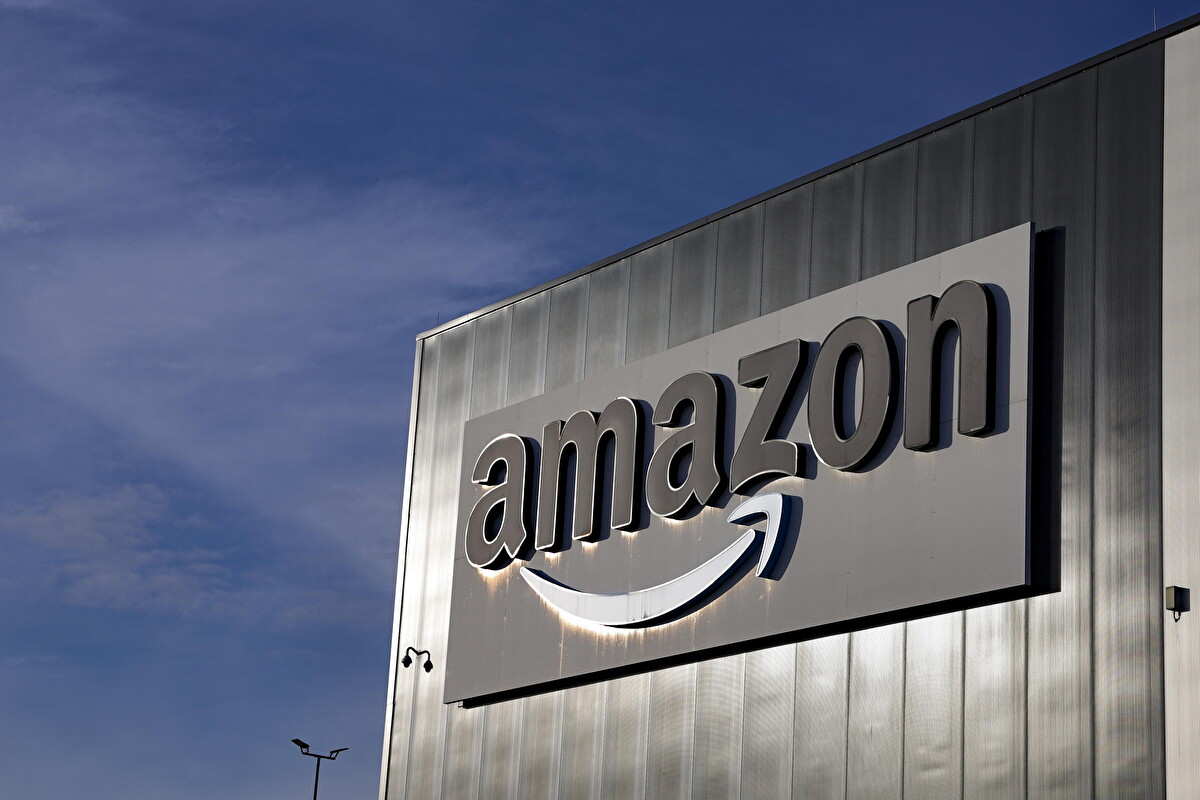A movement on social media called the People’s Union is holding an “economic blackout” on Friday, calling on supporters to boycott major retailers as part of an effort to “take back control of our economy, government and future of our country,” according to the group’s website. The movement asks participants to shop only in local stores (“No Amazon, no Walmart, No Best Buy”) and to pay cash where possible. The day of action comes as New Yorkers face increasing economic pressure, with a recent study finding that inflation on goods and housing has largely eclipsed the gains from strong employment figures, resulting in a record 25% of New Yorkers living in poverty. La Voce spoke with students near Hunter College on the Upper East Side, finding broad support for the movement’s aims, but some skepticism regarding the effectiveness of the tactics employed.
“It’s an interesting idea,” says Nat, 20 years old, who studies law and society at John Jay College. His friend Marina, a biology major at Hunter College, was intrigued when she saw the event on social media two days ago, saying it had her thinking “oh, that’s interesting, I’ve never heard anything about this anywhere else before.” Neither student is an active participant in the movement, but they’ve noticed the buzz online.
Nat says he understands the goal, but ultimately deems the action “frivolous,” and potentially counterproductive, likening it to climate change protesters in England who blocked roads and glued themselves to artworks in museums to raise awareness. “You want to get the attention of governors and prime ministers to actually do something about the environment,” he explains, “but no, you’re just stopping regular people from going to their jobs and doing their work.”
Nat believes that organizers of the event need to “think deeper” about the issues they wish to address. He and Marina feel that whatever shortfall the day of action causes on the targeted companies are likely to be borne by their rank-and-file employees, not the executives that, as the People’s Union puts it, “have driven up prices, underpaid their workers, and outsourced jobs while raking in record profits.”
21-year-old film student Malik supports the action with fewer reservations, heartened by recent developments with other boycott-like actions. “I was interested immediately,” he says. “I thought it was a good idea, especially because of the boycott at Target already.” The retailer has been singled out by consumers for abandoning DEI policies, including an initiative that broadened its portfolio of Black-owned business partners. The effort has yielded results, as the company’s stock has dipped significantly since announcing the change in policy after Donald Trump’s election last November, wiping some $15.7 billion off their balance sheet and sparking shareholder lawsuits against the CEO.
Consumer action is having a moment on a broader scale, as Elon Musk’s electric car company Tesla has taken a significant hit, with sales dropping by 45% in Europe in the face of what analysts say may be a reaction to the South African financier’s extremist politics. Tesla’s stock sank 8% on Tuesday, and Musk’s net worth has shrunk by nearly $90 million.
Malik has no illusions that the People’s Union action he’s taking part in will work on its own, but sees potential for broadening the kinds of consequences faced by Target and Tesla. “It’s not going to work overnight, we need to do this more often, we need to stay focused on it,” he says. “I know it’s a very taxing thing to do, but at the same time if you want change, if you want people to listen to you, you have to stay focused on the goal.”












